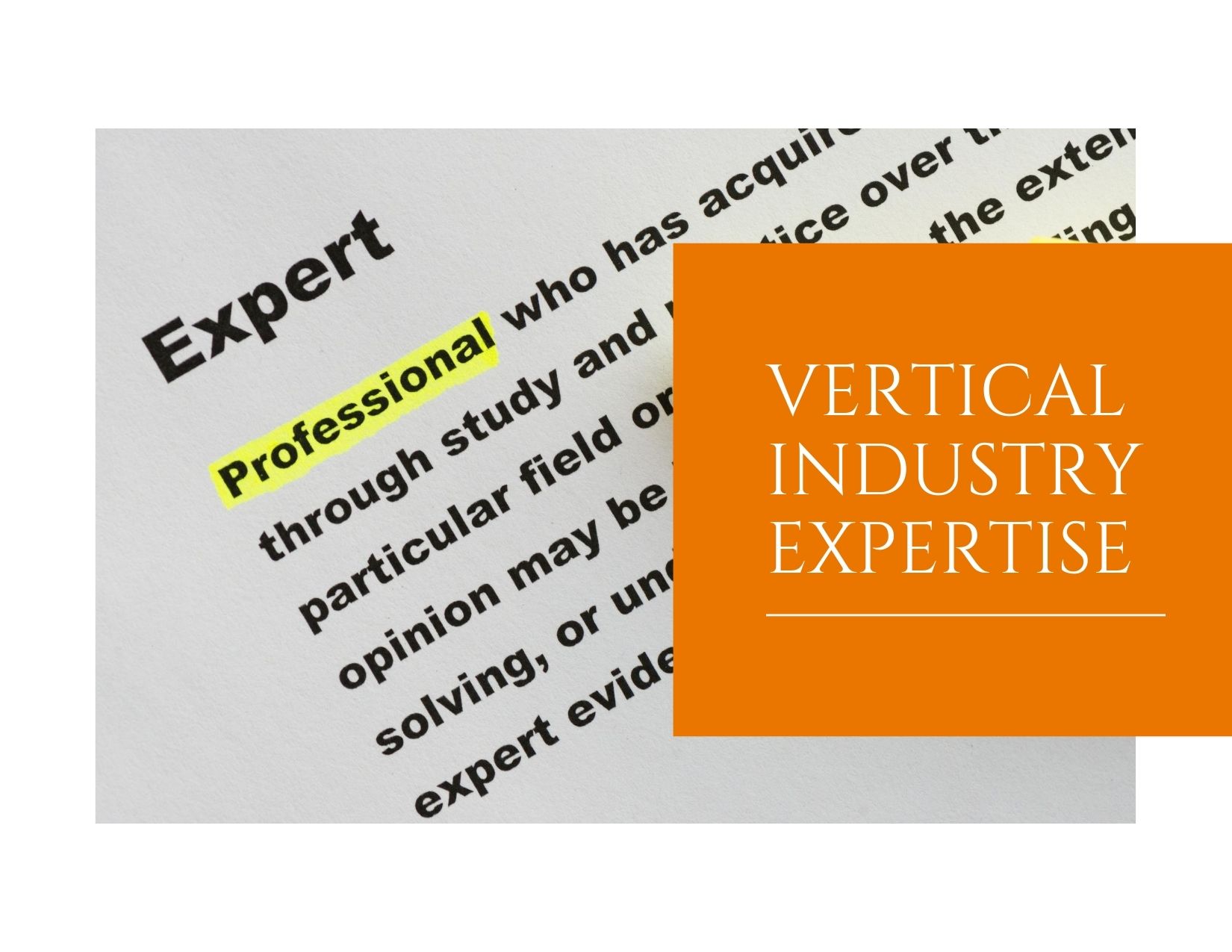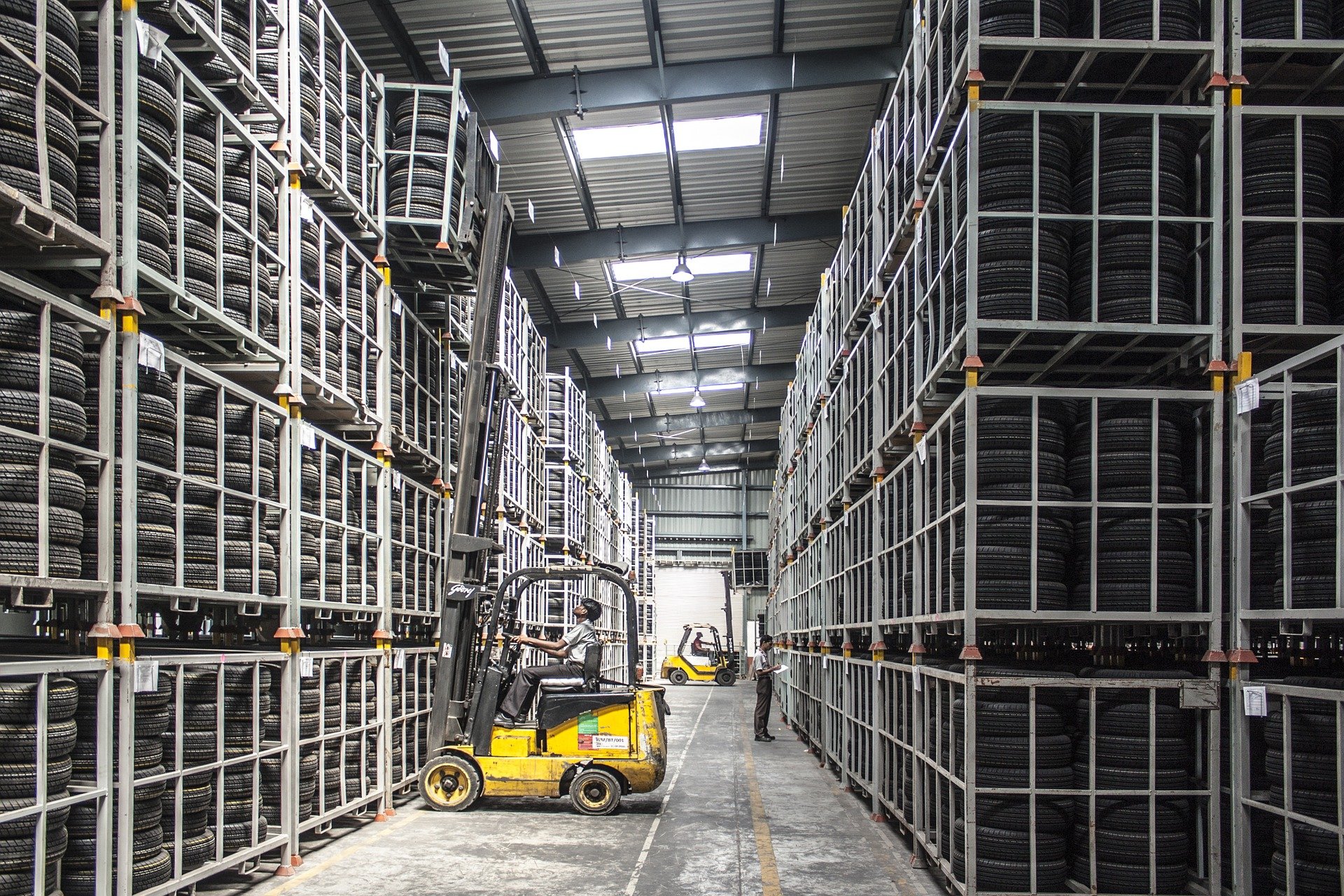To keep up with lofty yet mandatory customer expectations, your supply chain can’t afford to stop investing in technology that improves processes, connects business partners and IoT data, and uses machine learning algorithms to improve business outcomes. If the people tasked with running your supply chain are relying on poorly built or outdated systems filled with data quality issues, then they need new technology solutions and strategies to overcome these shortcomings to create true value.
As you strive to balance cost while simultaneously improve your customer service, you are no doubt confronting issues that require better collaboration amongst your group as well as the numerous companies you interact with daily. The days of each department or company working on an island while hoping groups further downstream can correct any mistakes are long gone.
Nowadays, those of us in the supply chain space realize the need for ongoing collaboration with everyone who touches our supply chain. This can take the form of sharing data around forecasts, inventory positions, capacity plans, order status (both at rest and in-transit), as well as visibility into shipments.
Read More
Topics: ERP, Manufacturing, Distribution, Rentals & Equipment, Supply Chain, Fashion & Apparel, Infor M3 ERP, Enterprise Software, Retail Supply Chain, WMS, Supply Chain Management
Employees at hotel and other hospitality locations are the heart of their organisations, representing company values and mission to deliver the best possible guest experience consistently. But hospitality industry trends coming out of a very disruptive period show a worrying shortage of labour, with workers having time and financial support during lockdown to consider other options when it comes to their careers and their futures.
Making sure that hospitality work is rewarding, and that environments are supportive is more important than ever before to the future of the industry. How does advanced hotel technology help to address this vital concern? How must systems and processes in hotels and resorts best support hospitality workers day to day, help to identify how to reward their hard work, and retain their talent? Here are some examples to consider.
Read More
Topics: ERP, Fashion & Retail, Food & Beverage, Infor M3, Fashion & Apparel, Enterprise Resource Planning, CloudSuite Food & Beverage, Cloudsuite Fashion & Apparel, Infor M3 ERP
If you follow industry news, attend prospect events, or read our partner Infor's website, you know that vertical industry expertise is a favorite topic for Infor executives, leaders, and strategists. Industry-specific functionality is part of our critical foundation and a strong differentiating feature for our software solutions, we say frequently. But, have you thought about why? Do you know where our industry expertise comes from and how we leverage it into valuable selling points? Let’s look closer at what “industry expertise” means, why we are highly focused on it as a strategy, and how it will propel Infor forward.
The backstory
To understand where we are going, it helps to know how we got here. History provides context. In the evolution of ERP solutions, there’s a long and winding road that providers and users travelled before today’s Software as a Service (SAAS) model became the accepted best practice. In early days of ERP solutions, massive monolithic solutions with complex architecture and rigid code structure were the norm. Large enterprises invested heavily and hired consultants to customize the operational features. The heavily modified systems were costly to update.
Then came cloud computing. But, for companies to take advantage of the benefits of multi-tenant cloud deployment, they needed to have their industry-specific functionality already built into the solution—so modifications wouldn’t be needed. Modifications slow down deployment and can get in the way of upgrades.
Infor had been heavily investing into industry-specific features of the core ERP solutions. The solutions contain the functionality needed for industry specific applications—making it easier to migrate to the cloud.
Read More
Topics: ERP, Fashion & Retail, Food & Beverage, Infor M3, Fashion & Apparel, Enterprise Resource Planning, CloudSuite Food & Beverage, Cloudsuite Fashion & Apparel, Infor M3 ERP
Chances are your brand already relies on an ERP solution to house foundational functions and master data. But can it withstand the rapid developmental, transactional, and digitized industry of the future? To meet the rigorous demands of supply, demand, financials, inventory management, and the needs of a collaborative network, the ERP solution employed by your company needs to have the flexibility to meet changing business models, encapsulate industry best practice processes, and integrate in real time with other key applications. Just as your people need to be connected in a collaborative network, so do your technology solutions.
Read More
Topics: ERP, Fashion & Retail, Supply Chain, Fashion & Apparel, Product Lifecycle Management, Infor M3 ERP, Enterprise Software, Supply Chain Management
As the remote work revolution sweeps the globe, contrarians are quick to point out that certain industries and positions may not be realistic candidates for working from home. Jobs in hospitality are frequently pointed to as examples of roles that require a physical presence – after all, that bed will not make itself. But forward-thinking organizations are using this crisis as the impetus to think creatively about what is and is not needed on-site.
Read More
Topics: ERP, Fashion & Retail, Supply Chain, Fashion PLM, Cloudsuite Fashion & Apparel, Infor M3 ERP, Enterprise Software, WMS, Supply Chain Management
Who is best suited to be in a remote work setting?
The grand remote work experiment we have all participated in over the last few months has resulted in a renewed interest in the concept becoming a regular component of the corporate landscape. And while enthusiasm for the approach has grown considerably, abandoning the physical office may not be attractive to everyone. In fact, some people have been quite vocal in their call for a return to the workplace, as they complain about their increased workload, lack of social interaction, constant parade of exhausting Zoom calls and inability to quickly (and clearly) communicate with colleagues. So how can we tell the difference between an admirer and an adversary of this new model of work?
Read More
Topics: ERP, Fashion & Retail, Supply Chain, Fashion PLM, Cloudsuite Fashion & Apparel, Infor M3 ERP, Enterprise Software, WMS, Supply Chain Management
Competitive supply chains must enable a new level of coordinated performance that creates a high-fidelity picture of in-process flows across your extended network. Building the continuous supply chain supports contextual deviations, conveys alerts and drives continuous planning via sense & respond capabilities.
Optimizing multi-party business processes
Supply chains are complex networks where over 80% of the data and processes sits within partner systems. To see and act on the latest picture of your supply chain, your company needs that data from each of your partners, but the problem is most companies rely solely on an enterprise-centric approach to solve a multi-enterprise problem.
The only way to overcome those limitations is to adopt a "network approach." Connecting all partners to shared processes, data and metrics managed within a single platform creates a single version of truth for all parties. This allows supply chains to eliminate the data silos and inherent latency in order to reduce the root causes of friction, variability and costs in today’s supply chains, both internally and externally.
Read More
Topics: ERP, Manufacturing, Distribution, Rentals & Equipment, Supply Chain, Fashion & Apparel, Infor M3 ERP, Enterprise Software, Retail Supply Chain, WMS, Supply Chain Management
Many wholesale distributors tend to view warehouse operations as a cost center due to labor, equipment, physical inventory, and real estate investments. However, with business models rapidly changing through e-commerce, omni-channel engagement, and innovative services, warehouse operations that are re-imagined through investments in technology can empower a company to gain a competitive advantage. Streamlining and automating processes across the warehouse improve customer and employee experiences and inspire customer loyalty.
A recent article featured in Forbes highlighted survey-based research on practice, priority, and expectation trends of warehouse executives. Respondents chose a warehouse management system (WMS) as their highest priority for technology investment with 96 percent of survey participants noting that the warehouse automation value proposition was expected to increase over the next 3 years. Survey findings indicated that operational changes like labor costs, labor shortages, and increased throughput requirements were all primary factors for companies looking to automation.
Read More
Topics: ERP, Supply Chain, Warehouse Management Systems, Product Lifecycle Management, Infor M3 ERP, Enterprise Software, WMS, Supply Chain Management
Manufacturers in the food and beverage industry are increasingly turning to mergers and acquisitions to keep pace with consumer demands. In an era where speed is critical, many companies seem to find it to be faster and easier to form a partnership or make an acquisition, rather than invest in R&D or develop their own new products and brands from the ground-up.
The factors driving the trend
As economic recovery gains momentum and fuels a robust growth period in the food and beverage industry, expansion hungry manufacturers are eager to take advantage of new trends and the growing consumer obsession with the quality of the food they eat. Healthy snacks, plant proteins, clean labels, exotic taste experiences, neuro-nutrition, and socially mindful companies are all top-of-mind topics for today’s shoppers, especially millennials. Consumers now prioritize locally grown foods, sustainable farming, and organic and non-GMO foods, and are quite willing to read labels and research the origins of their meals, whether it be prepared in a four-star vegan restaurant or picked off the shelf of a corner convenience mart.
Read More
Topics: ERP, Food & Beverage, Supply Chain, Food Technology, CloudSuite Food & Beverage, Infor M3 ERP, Enterprise Software, WMS, Supply Chain Management
Food and beverage manufacturers rely on their R&D and marketing departments to develop new product ideas that capture market share before the competition can catch up. These departments leverage information available in their business systems to help them analyze trends ranging from buying patterns to cost fluctuations. The trouble is, when R&D and marketing rely on business systems that exist in silos— as is often the case with today’s food and beverage manufacturers opportunities are missed, product development is too slow, and costs creep higher. But when a manufacturer understands that every part of the organization has a stake in the product innovation process, and ensures that all the parts are connected, the organization is better positioned to deliver successful, innovative products quickly.
This white paper discusses a number of considerations that food and beverage manufacturers should make when examining ways to accelerate product innovation. This paper also details how digital technology can be the enabler of this acceleration.
Read More
Topics: ERP, Food & Beverage, Supply Chain, Food Technology, CloudSuite Food & Beverage, Infor M3 ERP, Enterprise Software, WMS, Supply Chain Management










.jpg)
